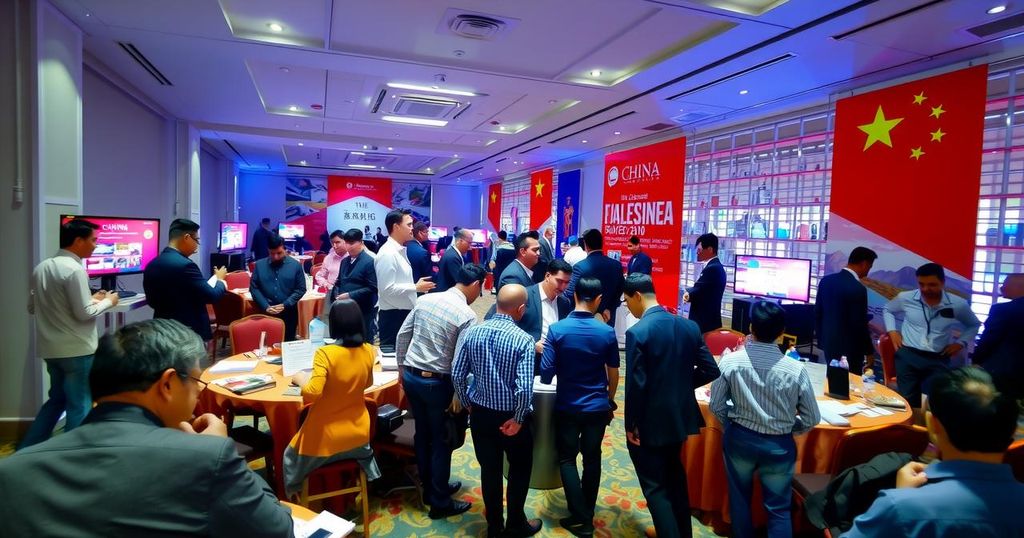Jimmy Lai’s Strategy for Negative Coverage of Mainland China
Jimmy Lai, former head of Apple Daily, claimed that his newspaper aimed to attract foreign readers by publishing negative news about mainland China. During his trial, Lai stated that credibility in journalism does not depend on balanced reporting but on delivering perceived truths. He faced multiple charges related to foreign collusion and sedition, with the English edition of his paper launched shortly before the national security law’s enactment.
Former media executive Jimmy Lai Chee-ying has publicly expressed his intentions behind the English-language coverage of his now-defunct newspaper, Apple Daily. In testimony at West Kowloon Court, he asserted that the publication aimed to engage overseas audiences with predominantly negative portrayals of mainland China, rejecting allegations that this strategy sought to incite Western sanctions against the People’s Republic of China.
Lai, now 76, contended that the essence of journalistic credibility is not rooted in balanced reporting but rather in conveying perceived truths. His remarks came during his ongoing trial, in which he faces charges related to foreign collusion and sedition. The English version of Apple Daily was launched in May 2020, just a month before the implementation of the controversial national security law established by Beijing.
During his testimony, Lai made it clear that his editorial directive to the staff emphasized representing what he termed “the yellow side,” a reference to the movement’s color during the significant protests in 2019, rather than delivering a multifaceted perspective that included various viewpoints.
The article discusses the legal proceedings involving Jimmy Lai, a prominent media figure and founder of the now-defunct Apple Daily newspaper in Hong Kong. Lai faces serious charges, including foreign collusion and sedition, stemming from his journalistic activities and outspoken criticism of the Chinese government. His testimony highlights the editorial strategies employed by his publication, particularly the focus on negative reporting on mainland China to attract a foreign readership, amid escalating tensions between Hong Kong and Beijing following the introduction of the national security law.
In summary, Jimmy Lai’s testimony reveals his editorial philosophy that prioritized attracting a foreign audience through critical coverage of mainland China. This approach is contentious, particularly in light of ongoing accusations that such reporting could exacerbate political tensions and lead to punitive measures against China. As his trial progresses, Lai’s defense strategy continues to focus on the nature of journalistic integrity and the intent behind the publication of controversial stories.
Original Source: www.scmp.com








Post Comment